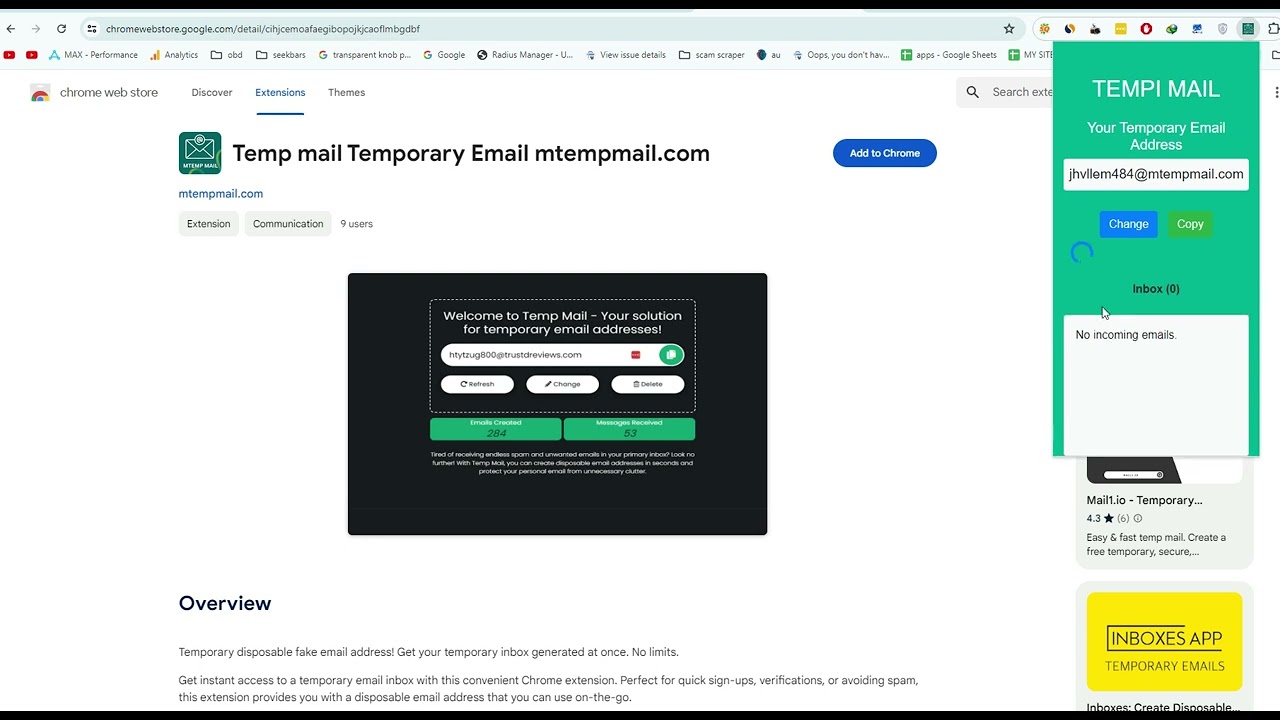Website Name: Temp-Mail
Article:
Temp-Mail, a website that provides temporary email services, has been gaining attention recently due to its controversial nature. The website allows users to create disposable email addresses, which can be used to receive emails for a short period of time. However, this service has been linked to various scams and unregulated activities.
The Scam:
The primary concern with Temp-Mail is that it facilitates scamming activities by providing scammers with a means to create temporary email addresses that can be used to deceive unsuspecting victims. These email addresses can be used to send phishing emails, scam messages, or even to create fake accounts on various platforms. Since the email addresses are temporary, it becomes challenging for authorities to track down the scammers, making it a lucrative tool for malicious activities.
Unregulated Activities:
Temp-Mail operates in a gray area, with little to no regulation. The website does not require users to verify their identities, making it easy for scammers to create multiple accounts and engage in illicit activities. Furthermore, the website’s terms of service are often vague, leaving users uncertain about their rights and responsibilities.
Risks to Users:
Using Temp-Mail or similar services can pose significant risks to users. Since the email addresses are temporary, users may not receive important communications, such as password reset emails or account notifications. Moreover, using a temporary email address can lead to account suspensions or terminations on various platforms, as it may be flagged as a suspicious activity.
Conclusion:
In conclusion, Temp-Mail and similar temporary email services can be breeding grounds for scammers and unregulated activities. While the service may seem convenient, it poses significant risks to users and can facilitate malicious activities. It is essential to exercise caution when using such services and to prioritize safer and more secure communication methods. Users should always verify the authenticity of websites and services before providing personal information or engaging in any activities that may compromise their security.
